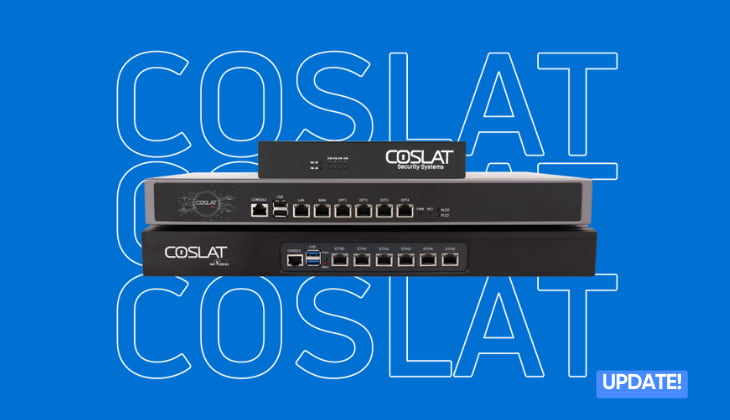
Firewall Rules: The Dangers of "Any" Usage and the Art of Writing Secure Rules
Firewall rules are the cornerstone of network security, and their correct configuration is critical. However, some common configuration mistakes today can cause firewalls to be riddled with vulnerabilities. In an era where modern cyberattacks are becoming increasingly sophisticated, configuring firewalls requires more care than ever before.
The Use of "Any": Opening Your Doors to the World
While using the term "Any" might seem like a convenient shortcut for system administrators, it creates golden opportunities for cyber attackers. "Any" in the destination address exposes your entire internal network to the outside world, allowing attackers free reign. "Any" in the source address invites unauthorized access and creates a vulnerable environment for DDoS attacks. "Any" in the service field is perhaps the most dangerous, as it leaves all ports and services open, simplifying reconnaissance for attackers.
These common errors lead to severe consequences:
- Attackers gain a wide range of movement within your network.
- Carefully crafted network segmentation becomes ineffective.
- Security policies can be easily bypassed.
- Malware can spread freely within your network.
The Golden Keys to Writing Secure Rules
When writing firewall rules, adopting the principle of "least privilege" is vital. Using specific IP addresses, opening only necessary ports, and creating well-organized service groups form the foundation of strong security. Additionally, each rule should:
- Have a clear purpose.
- Include a specific expiration date.
- Assign responsibility to a team or individual.
- Be reviewed regularly.
A well-documented system is essential for sustainable firewall management. It ensures swift response during emergencies and minimizes security vulnerabilities.
Logging: The Heart of Security
Log monitoring is crucial when updating firewall rules. Suspicious connections from certain IP addresses or unexpected ports should be carefully analyzed to detect potential threats or misconfigurations. Frequently triggered rules may indicate performance issues requiring optimization.
Logs are critical for early detection of cyberattacks, forensic analysis, and rapid resolution of issues. Rejected connections, attempts to access critical systems, and rule changes should always be recorded. A centralized log management system consolidates all data, enabling faster anomaly detection and secure access to historical records.
A solid logging strategy and smart alert mechanisms make proactive interventions easier for your security team. By effectively managing your firewall logs, you can strengthen your network's defense.
ICMP and Security: The Need for Fine-Tuning
ICMP configuration, though often overlooked, is critically important for security. To defend against ICMP, which is frequently exploited in DDoS attacks, the first steps should include limiting echo requests and controlling packet sizes.
Rate limiting ICMP packets over specific time intervals and allowing only necessary ICMP types can significantly reduce the attack surface. It is particularly important to minimize ICMP traffic in the DMZ. Within the internal network, balance can be achieved by permitting only the ICMP types required for monitoring purposes.
Regular review of ICMP configuration is necessary to maintain strong defenses against DoS attacks.

Coslat Firewall and an Emergency Action Plan
To enhance your security with Coslat Firewall:
- Minimize permissive rules like "Any."
- Define access for specific IP addresses, ports, and protocols.
- Remove unused rules to streamline your structure.
- Enable the email notification service in Coslat Firewall for rules concerning critical services to stay informed.
- Leverage centralized log analysis to detect abnormal activities and respond to threats promptly. Apply test and documentation processes during rule changes to prevent configuration errors.
Regular audits and training sessions can increase your team's security awareness, transforming your Coslat Firewall into a powerful defense tool.

